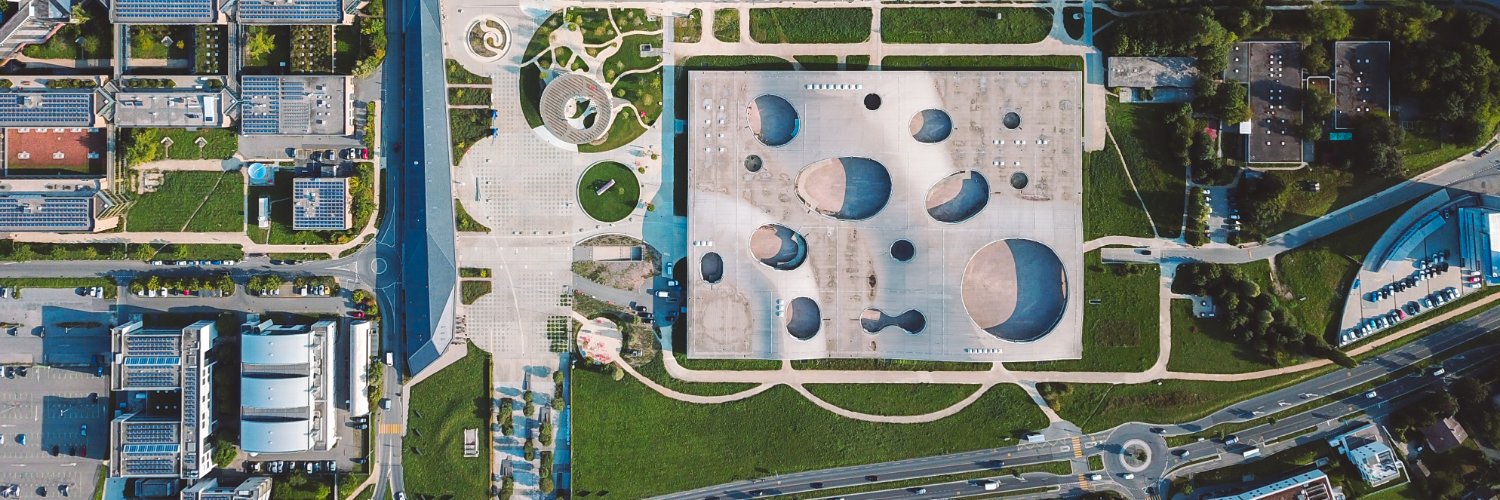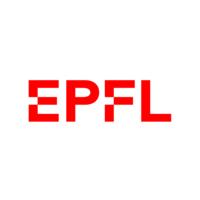Bachelor in Microengineering
Microengineering is very much a field of macroscopic effects. As the archetype of innovation, located at the crossroads of mechanics, electronics, science of materials and IT, microengineering has become vital to numerous industrial sectors: production technology, biomedical science, robotics and many more. Qualification as a microengineer is the guarantee of embarking on a varied and multidisciplinary career.
The role of microtechnical engineers is first and foremost a question of harnessing the physical laws which govern the miniaturization processes. It is perhaps robotics which best exemplifies this intersection of different disciplines: Even if robots are not yet miniaturized, their operating principle is based on the combination and coordination of mechanical, electronic, optical, or computing components.
The numerous and different areas of microtechnical engineers’ work are, as a result, often closely linked to industrial production: this situation means that they need to find production techniques that are both efficient (robotics, atomization, assembly techniques, etc.) and financially viable for their purposes. The development of these techniques often relies specifically on the use or development of tools that themselves come from microengineering.
Intakes
- Feb
- Sep
Application Processing Time in Days: 30
Application Process
Minimum English Language Requirements
| English Level Description | IELTS (1.0 -9.0) | TOEFL IBT (0-120) | TOEFL CBT (0-300) | PTE (10-90) | |
|---|---|---|---|---|---|
| Expert | 9 | 120 | 297-300 | 86-90 | |
| Very Good | 8.5 | 115-119 | 280-293 | 83-86 | |
| Very Good | 8 | 110-114 | 270-280 | 79-83 | |
| Good | 7.5 | 102-109 | 253-267 | 73-79 | |
| Good | 7 | 94-101 | 240-253 | 65-73 | |
| Competent | 6.5 | 79-93 | 213-233 | 58-65 | |
| Competent | 6 | 60-78 | 170-210 | 50-58 | |
| Modest | 5.5 | 46-59 | 133-210 | 43-50 | |
| Modest | 5 | 35-45 | 107-133 | 36-43 | |
| Limited | 4 | 32-34 | 97-103 | 30-36 | |
| Extremely Limited | < 4 | < 31 | < 93 | < 30 |
Job Opportunity Potential
At EPFL, we foster a culture of respect and inclusion in the workplace. We promote a healthy work-life balance through flexible working hours and on-campus daycare and sports facilities. Our employees also benefit from belonging to a diverse community of 16,000 people – including over 12,000 students and 4,000 researchers – from more than 120 different countries.
As a public university dedicated to improving the world around us, we have three missions: education, research and innovation. We boast one of the most dynamic university campuses in Europe and employ more than 6,000 people. Our employees perform high-value-added work in teaching and research and in the school’s administrative and technical services. Between our main campus in Lausanne and our satellite campuses in Geneva, Neuchâtel, Fribourg and Sion, our workforce is composed of more than one hundred different professions.
PSW Opportunity
There is absolutely no PSW but the Universities and institutions does encourage and provide opportunities for the students can go for internships
Admission Requirement / Eligibility Criteria
The indications on this page do not constitute a legal basis. Legal texts are the only reference. The criteria are valid for the ongoing year.
The specific admission criteria for applicants holding an upper secondary school certificate (maturity, baccalaureate, Abitur, Advanced Levels, etc.) and for those having begun or completed a study program in a higher-education institution are detailed under the following headings. Please pay attention to the restrictions detailed further down the page as well.
Swiss ‘maturité gymnasiale’
Swiss professional or specialized ‘maturité’
Upper secondary school certificates from a country that is a member of EU, EFTA, or UK
Upper secondary school certificates from a country that is not a member of EU, EFTA, nor UK
European Baccalaureate from EURSC.eu
International Advanced Levels and Cambridge Pre-U
International Baccalaureate from IBO.org
Bachelor’s degree from a Swiss HES/FHS
Other higher education in Switzerland or abroad
Restrictions and rules of non-admissibility
Language requirements / GRE
The program is taught entirely in English. Therefore, excellent English skills (B2 level minimum, corresponding to one of the following certificates) are required to follow the Master’s program in Computer Science:
TOEIC with 785-940 pts
TOEFL (iBT, MyBest score) with 72-94 pts
IELTS with 5.5-6.5 pts
FCE First certificate in English
- Course Type: Full Time
- Course Level: Bachelors/UG Degree
- Duration: 03 Year
-
Total Tuition Fee:
18000 CHF
Average Cost of Living: 30000 CHF /year
Application Fee: 150 CHF
Similar Programs
- Master in Microengineering at Ecole polytechnique federale de Lausanne (EPFL)
- Bachelor in Environmental Sciences and Engineering at Ecole polytechnique federale de Lausanne (EPFL)
- Bachelor in Civil Engineering at Ecole polytechnique federale de Lausanne (EPFL)
- Bachelor in Architecture at Ecole polytechnique federale de Lausanne (EPFL)
- Bachelor in Life Sciences Engineering at Ecole polytechnique federale de Lausanne (EPFL)
- Bachelor in Materials Science and Engineering at Ecole polytechnique federale de Lausanne (EPFL)

